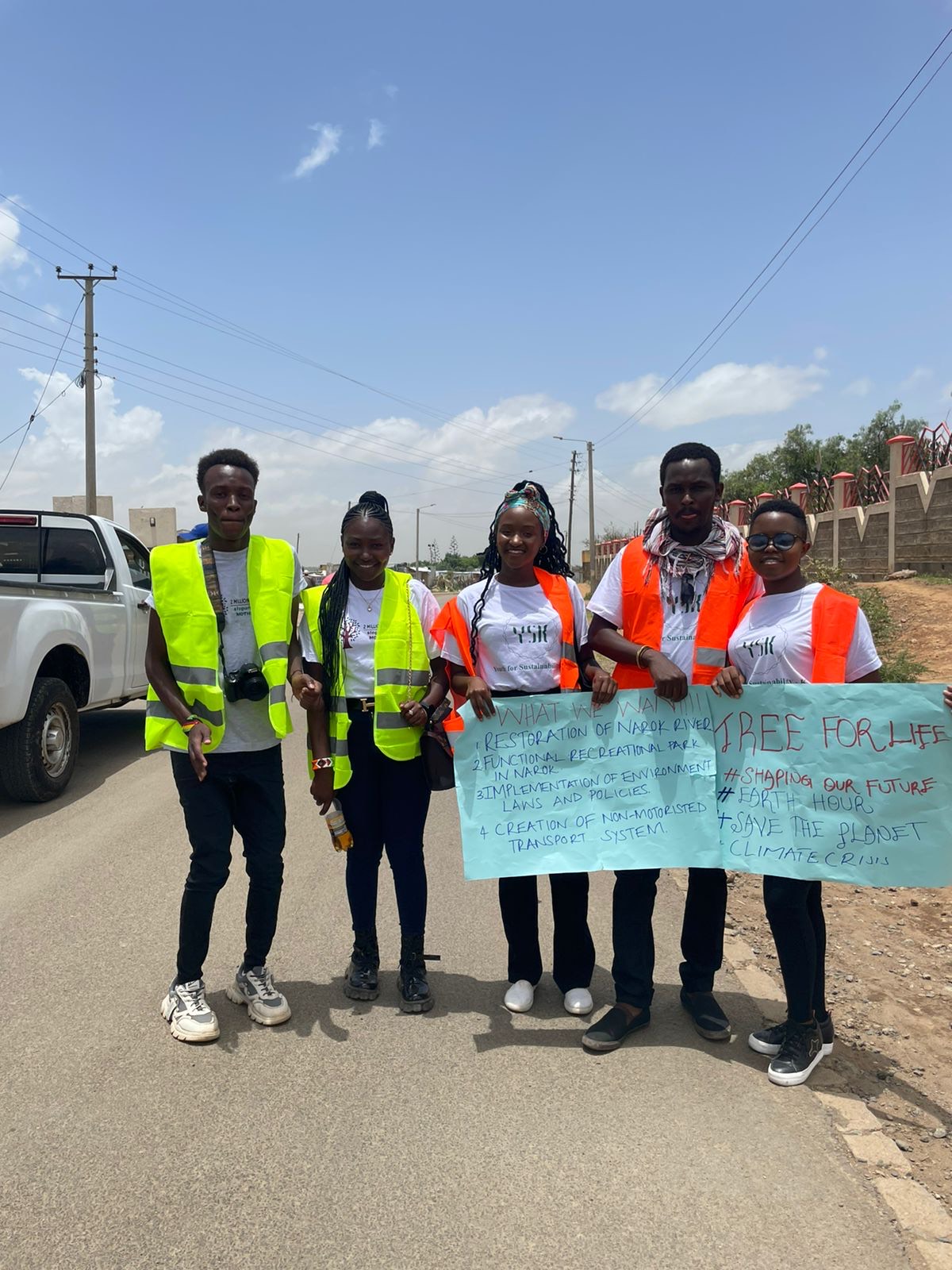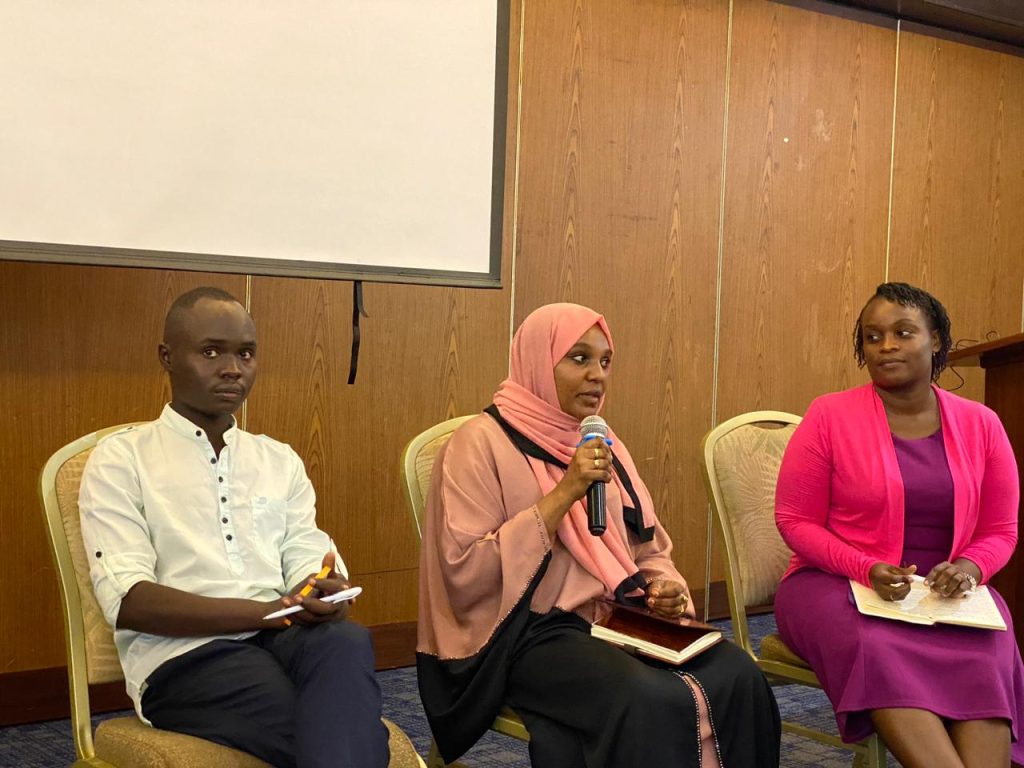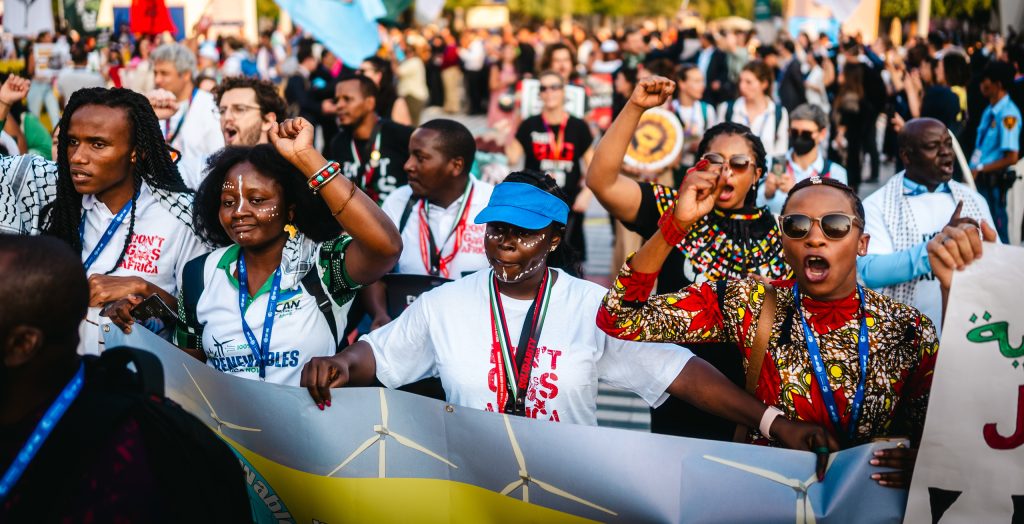MOMBASA, Kenya – In the face of unprecedented climate upheaval, Kenya finds herself at a crossroads. The East African nation, long a beacon of stability, is confronting the harsh realities of a rapidly changing environment.
Driven by a sense of urgency, the United Nations Population Fund (UNFPA) Kenya has taken a bold step and has brought together a diverse group of stakeholders for a critical summit. This meeting of experts, policymakers, and community leaders aims to chart a course for Kenya’s future, navigating the treacherous terrain of climate change.
The impact of climate change disrupts development, households, and livelihood, therefore calling for climate adaptation measures need to be included in SRHR. UNFPA champions access to SRHR services and commodities. Climate change has negatively impacted maternal nutrition and access to water by increasing gender inequalities.
This workshop has been an opportunity for different sectors to come together and analyze how climate change has disrupted it, and how best they can work together in collective solutions in mitigation and adaptation. It has also been a safe space for discussing the importance of data in developing resilient health in the aspect of climate change impacts on health and gender justice. Humanitarian response agencies need to address the risk information and reporting gap.
The experts have underscored the effect that climate change has caused to the lives of people majorly affecting women and girls. This clearly shows the interlink between climate change, health, SRHR, and Gender-Based Violence.
UNFPA is very keen on addressing Gender Based Violence more so in humanitarian crises, where women and children are majorly affected, it’s doing what is possible including involving international climate change experts to train youths, government departments, and civil societies to have sufficient knowledge on climate change impacts and possible solutions that can be done.
There is an importance in building resilient health in societies, as land degradation, floods, and droughts bring in more malaria cases, and water-borne diseases and disrupt the medicine transportation system, which fails to reach to last mine deliveries.
For climate change impacts and SRHR challenges to be addressed, there is an importance in involving youths in the delivery. Youths be treated as partners not just to be spectators of the process.


